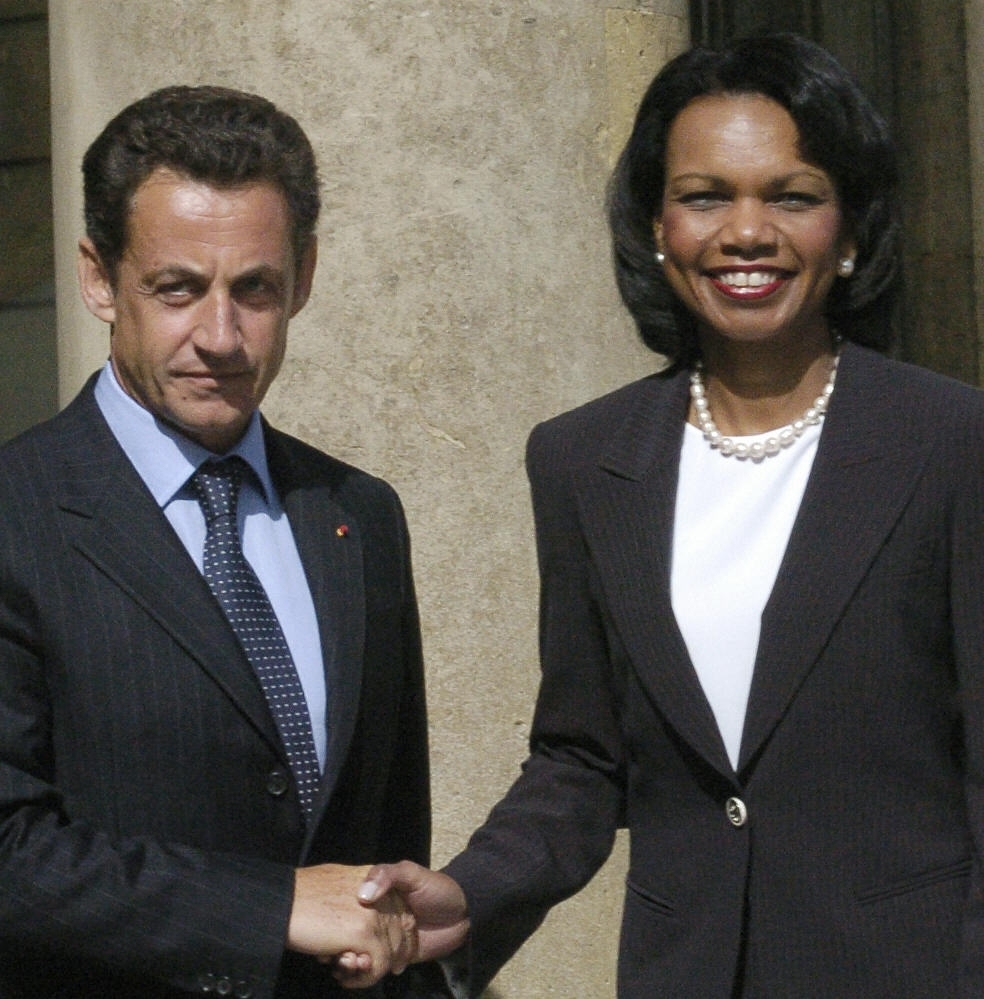Have we entered a post-American age in Europe? That’s the argument of this Adam Gopnik piece in the New Yorker. It argues that what Gordon Brown, Angela Merkel and Nicolas Sarkozy all have in common is a desire not to be defined by their relationship with the United States. So, Brown is cooling things so as not to be seen as a poodle and Sarkozy is being friendlier to avoid the French president being seen as an anti-American above all else. Gopik goes on to say that, “The Sarkozy-Gordon Brown-Merkel generation is not unsympathetic to America, but America is not so much the primary issue for them, as it was for Blair and Chirac, in the nineties, when America was powerful beyond words.”
Yet, when you look at Brown and Sarkozy’s policies the influence of America is clear. Brown’s talk on citizenship and the constitution could have been lifted straight from a US civics textbook. Equally, Sarkozy in Testimony is happy to admit that he thinks there are lessons to be learnt from America. While on the foreign policy front, America is still the defining relationship as it remains the sole activist superpower. Equally, the Western world—as the Balkan painfully demonstrated—can’t deal with any major problem without America. As Sazrkozy put it in a conversation with Rice, America is by ‘necessity, the leader of our side.’ The rest of his advice to her is also worth noting and something that Washington should pay far more attention to than it does:
When Sarkozy met Condoleezza Rice, she said, ‘What can I do for you?’ And he said, bluntly, ‘Improve your image in the world. It’s difficult when the country that is the most powerful, the most successful—that is, of necessity, the leader of our side—is one of the most unpopular countries in the world. It presents overwhelming problems for you and overwhelming problems for your allies. So do everything you can to improve the way you’re perceived—that’s what you can do for me.’







Comments